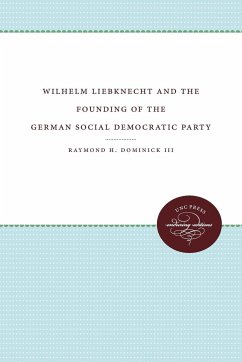The 1940 German-Soviet Commercial Agreement was an economic arrangement between the Soviet Union and Nazi Germany signed on February 11, 1940 by which the Soviet Union agreed to trade large quantities of critical raw materials to Germany in exchange for German weapons, military technology and civilian machinery. The agreement expanded upon a smaller German Soviet Commercial Agreement, signed on August 19, 1939. It followed the signing of the Molotov-Ribbentrop Pact dividing Eastern Europe between the Soviet Union and Germany, and the subsequent invasions by Germany and the Soviet Union of that territory. Negotiations for the agreement immediately followed the countries' invasions of Poland. The agreement continued Nazi Soviet economic relations, circumvented a British blockade of Germany and resulted in the delivery of large amounts of raw materials to Germany, including over 900,000 tons of oil, 1,600,000 tons of grain and 140,000 tons of manganese. The countries followed up theagreement and resolved other issues with the January 10, 1941 German Soviet Border and Commercial Agreement.
Bitte wählen Sie Ihr Anliegen aus.
Rechnungen
Retourenschein anfordern
Bestellstatus
Storno








